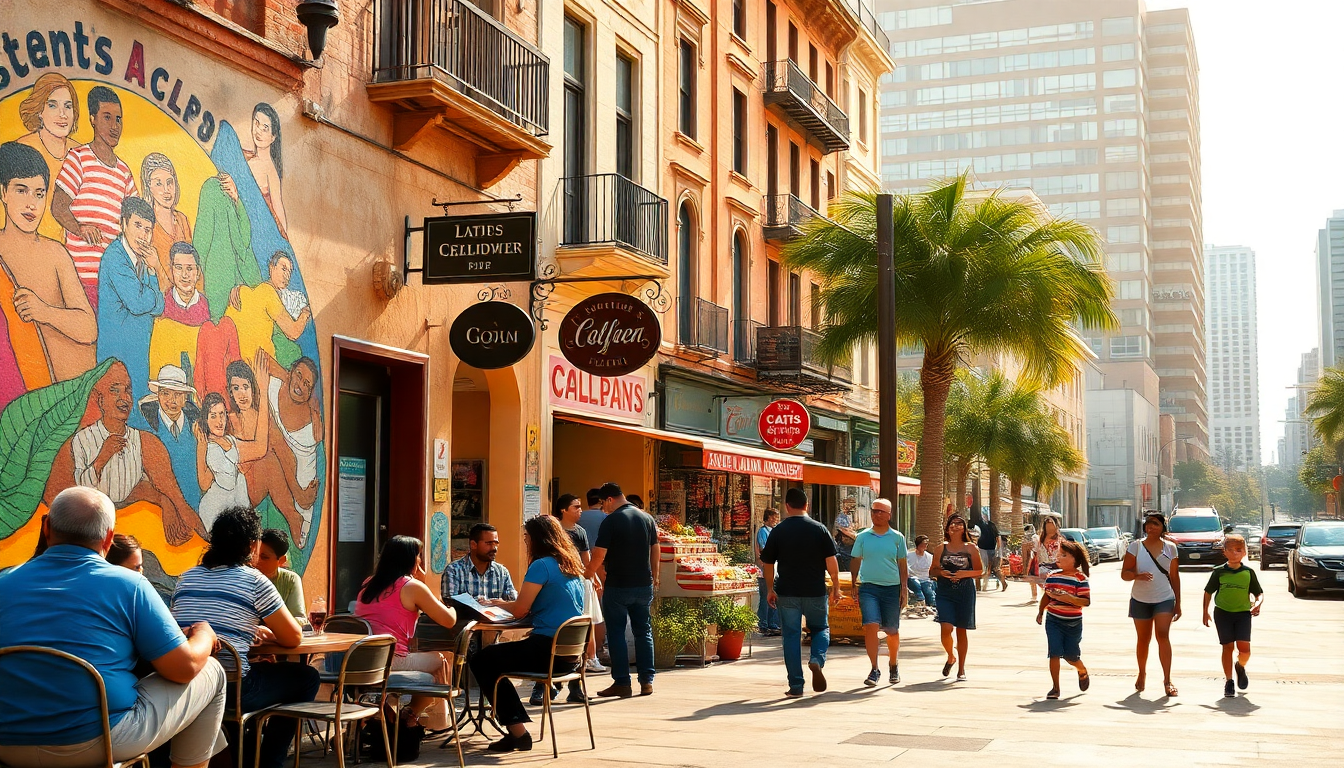Table of Contents
In a world where political division often takes center stage, the return of John Leguizamo’s thought-provoking series, Leguizamo Does America, feels like a breath of fresh air. But this isn’t just another entertainment gig; it’s a vital platform that amplifies Latino voices and stories that often get lost or misrepresented in the fray. As the second season kicks off, Leguizamo takes us on a journey through various cities, showcasing the rich tapestry of Latino communities across the United States.
The Cultural Landscape and the Role of Media
Have you ever thought about how media shapes our views? It plays a crucial role, especially when it comes to minority communities. Recently, portrayals of Latino individuals have often leaned into stereotypes and misrepresentation. Enter John Leguizamo, a beloved actor and activist who isn’t afraid to take these issues head-on. Through his docuseries, he travels the country, shining a light on the contributions and experiences of Latino communities that mainstream media frequently overlooks.
In the first season of Leguizamo Does America, viewers joined Leguizamo on adventures through cities like Miami, Chicago, and Los Angeles, where he unveiled the vibrant cultures thriving in these areas. Excitingly, the upcoming episodes promise to explore new locales like Philadelphia and San Antonio, continuing to challenge the narratives that often downplay the complexities of Latino identities. Are you ready to dive deeper?
Confronting the Current Political Climate
With political tensions flaring up—especially with figures like Donald Trump making headlines—Latino communities are facing a wave of misinformation and xenophobic rhetoric. This atmosphere of fear and misunderstanding doesn’t just shape public perception; it has real consequences for individuals and families. From heated debates over immigration policies to the troubling erasure of Latino history in schools, the stakes have never been higher.
In this challenging context, Leguizamo’s series becomes more than just entertainment; it’s a necessary counter-narrative to the fear-mongering tactics employed by some politicians. By focusing on the humanity and stories of Latino individuals, the show not only highlights their contributions to society but also directly challenges the stereotypes that persist in popular discourse. Isn’t it time we told these stories?
The Power of Storytelling and Representation
Storytelling can be a potent form of resistance, and Leguizamo Does America embodies that philosophy. It transcends the typical entertainment model; it’s a political act that invites viewers to engage with the complexities of identity and belonging. Leguizamo expertly blends humor, personal stories, and hard-hitting truths, creating a space for dialogue around immigration, cultural identity, and what it truly means to be American.
His warm and authentic approach fosters an environment where tough conversations can happen. By showcasing the diverse experiences within Latino communities, the series emphasizes that these groups are far from monolithic. Each voice contributes uniquely to the American narrative. As Latino voters gain more influence, this series serves as a crucial reminder: we need to listen to the voices that shape our cultural landscape.
Looking Toward the Future
As Leguizamo Does America kicks off its second season, it stands as a testament to the resilience and vibrancy of Latino communities. In a society that often seeks to downplay their stories, this series amplifies their voices and celebrates their identities. The importance of authentic representation can’t be overstated, especially in an era where political narratives can skew our understanding of reality.
Ultimately, the series invites all of us to engage critically with the media we consume and to seek out stories that reflect the true diversity of American life. By doing this, we can help create a more inclusive society that honors every member and their unique contributions. As Leguizamo continues to explore the multifaceted nature of Latino identity, we’re reminded that these stories are not just important; they’re essential to understanding the broader American experience. So, are you ready to listen and learn?


